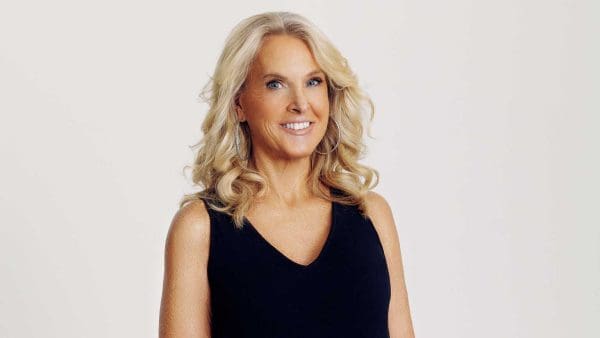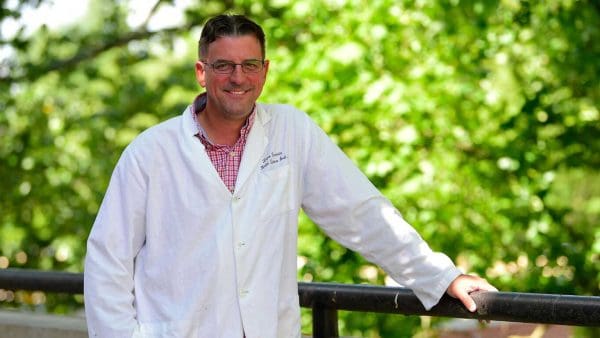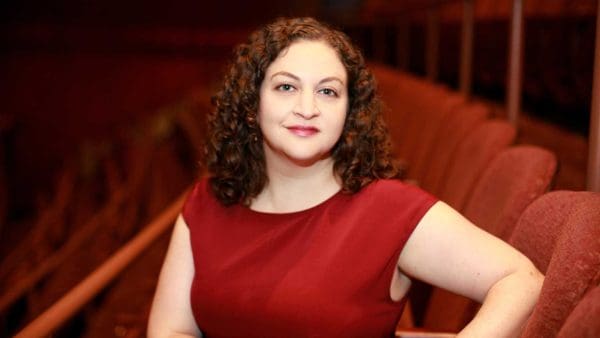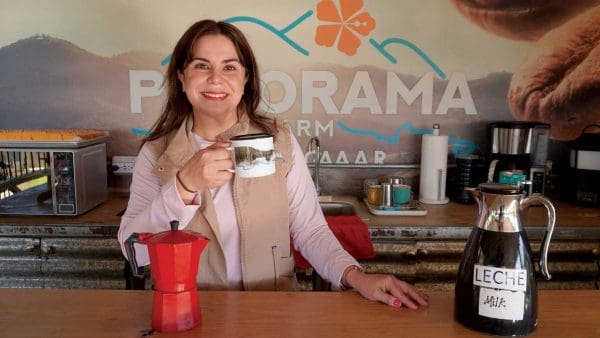It’s a little before one o’clock on Kennedy Boulevard in Bayonne, New Jersey, and a sleepy, post-lunch slump has settled over the street. On the sidewalk, people are scarce but have left their mark. A trail of candy wrappers—the detritus of a nutritional wasteland—hides in the tall grass beside the sidewalk.
Two stories above Kennedy Boulevard, in the tan cinderblock building that is home to Bayonne Family Dental, controlled chaos replaces the outdoor languor. In the waiting room, women in hijabs, little girls with dark braids, and boys on the cusp of adolescence sit shoulder to shoulder watching a television showing a courtroom scene. Running water, the quiet hiss of suction, and whir of instruments create an undercurrent of white noise. Staff members beckon parents to the front desk, escort elderly patients into one of 10 exam cubicles, prepare children for X-rays. They speak in English, Spanish, Italian, Hindi, and Tagalog. Dressed in navy scrubs and Nikes, dentist Peter Fuentes ’01 strides from cubicle to cubicle greeting patients with high fives. This afternoon, like most afternoons, his patients are mostly children.
“How you doin,’ brother?” Fuentes asks a middle school football player. Fuentes examines the young man’s mouth, asks him a few questions about what he likes to drink (“Sweet tea? Lemonade? Chocolate milk?”), before turning to the boy’s mother. “Mom, here’s what’s going on,” Fuentes tells the parent, detailing a young mouth plagued with cavities and the early arrival of wisdom teeth. The boy will need fillings and possibly surgery. Fuentes advises the student to drink more water rather than sugary drinks and to brush regularly. “We got him now,” Fuentes reassures the mother, who nods quietly, “From here on we’ll take care of him.”
In 2007, Fuentes and his business partner and fellow dentist Salvatore Pavone, founded Dental Groups of New Jersey, which now includes five dental practices, several in poverty-challenged, underserved cities like Bayonne, Paterson, and East Orange. Early on, the two dentists noticed an alarming trend: More and more school-age children were in their office during school hours for emergency dental care. “I kept reading about truancy issues and that graduation rates are dropping because kids are missing too much school,” recalls Fuentes. “[That’s because] they’re all in my office getting root canals every day of the week because they’re not doing any sort of preventive [dental] work. They’re coming in when things hurt them.”
Determined to address this problem, Fuentes and Pavone considered ways to spread the gospel of preventive care and bring young patients in before problems arose. Then Fuentes remembered Education and Society, a class he took with (now emeritus) sociology Professor Karl Alexander. “This was the most important class I ever took at Hopkins,” says Fuentes, a natural sciences major with a concentration in neuroscience. “And one thing I learned in that class was the reach that a school system has on a community.”
First, Fuentes and Pavone decided to offer their services free to the public schools in Union City, New Jersey. When that school system declined their outreach, the dentists approached private Catholic schools, which welcomed them in to do exams and checkups. Since then, they have worked extensively with the East Orange public school district to require annual dental checkups for any child 18 months or older in a state-funded pre-kindergarten or daycare system. This requirement will soon extend to the 10,000 primary and secondary students (67 percent of whom live below poverty level) in the East Orange district, which annually requires students to show only identification and immunization records prior to enrollment. This fact astonishes Fuentes. “With 10,000 kids, all you require is a vaccine record?” he asks incredulously. “Nothing else for 17 years? That’s good enough? That’s crazy to me!” Preventive dental care, he argues, not only ensures good oral health but can lead to diagnoses of other health issues including diabetes and some genetic syndromes—important for children who often do not regularly see a pediatrician or other health professional.
Fuentes and his partner will continue to work with local school districts to require dental care and are in the process of creating a network of services—vision, hearing, basic health care—for underserved kids. Those services begin in his Bayonne office, where Fuentes and his team see 90 to 100 patients a day and often act as ad hoc nutritionists and pediatricians as well as dental professionals. His staff also points patients and their families toward resources to help them sign up for insurance and Medicaid, which offers dental coverage for children (though many parents are unaware of this benefit), and to understand the benefits available to them. The staff will also treat patients pro bono if no other option is available. “Cost is never a reason to avoid treatment,” he says adamantly.
Fuentes says he was drawn to dentistry through a passion for public health. “I’ve always been interested in helping people in a bigger sense, more than just a one-on-one relationship with people,” he says. “Dentistry is advocacy. Our job is to basically look after these kids, and oral health is just our way in the door.”




